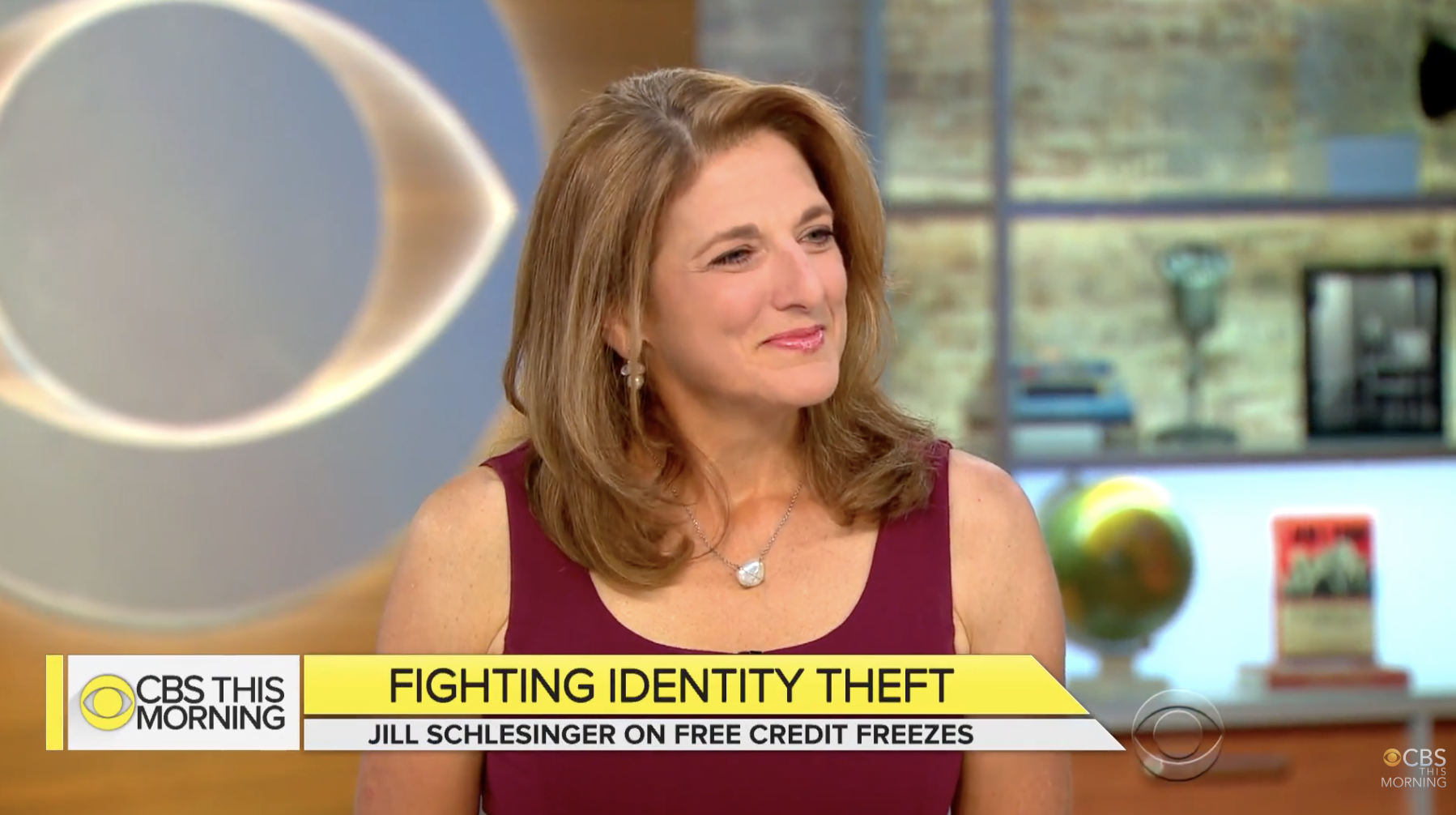Are you at risk of being scammed?
Our latest guest is former con artist and bestselling author of Catch Me If You Can, Frank Abagnale, and he’s here to show you how to stop scammers in their tracks.
Maybe you're wondering how to make the scam phone calls stop. Perhaps someone has stolen your credit card number. Or you've been a victim of identity theft. Even if you haven't yet been the target of a crime, con artists are always out there, waiting for the right moment to steal your information, your money, and your life.
As one of the world's most respected authorities on the subjects of fraud, forgery, and cyber security, Frank Abagnale knows how scammers work.
In his latest work, Scam Me If You Can, he reveals the latest tricks that today's scammers, hackers, and con artists use to steal your money and personal information, often online and over the phone. Using plain language and vivid examples, Abagnale reveals hundreds of tips, including:
The best way to protect your phone from being hacked
The only time you should ever use a debit card
The one type of photo you should never post on social media
The only conditions under which you should use WiFi networks at the airport
The safest way to use an ATM
With his simple but counterintuitive rules, Abagnale also makes use of his insider intel to paint a picture of cybercrimes that haven't become widespread yet.
Have a money question? Email me here.
Please leave us a rating or review in Apple Podcasts.
Connect with me at these places for all my content:
https://www.jillonmoney.com/
https://twitter.com/jillonmoney
https://www.facebook.com/JillonMoney
https://www.instagram.com/jillonmoney/
https://www.youtube.com/c/JillSchlesinger
https://www.linkedin.com/in/jillonmoney/
https://www.stitcher.com/podcast/jill-on-money
https://apple.co/2pmVi50
"Jill on Money" theme music is by Joel Goodman, www.joelgoodman.com.
![Jill on Money [ Archive]](http://images.squarespace-cdn.com/content/v1/59efbd48d7bdce7ee2a7d0c4/1510342916024-TI455WZNZ88VUH2XYCA6/JOM+Blue+and+White.png?format=1500w)




